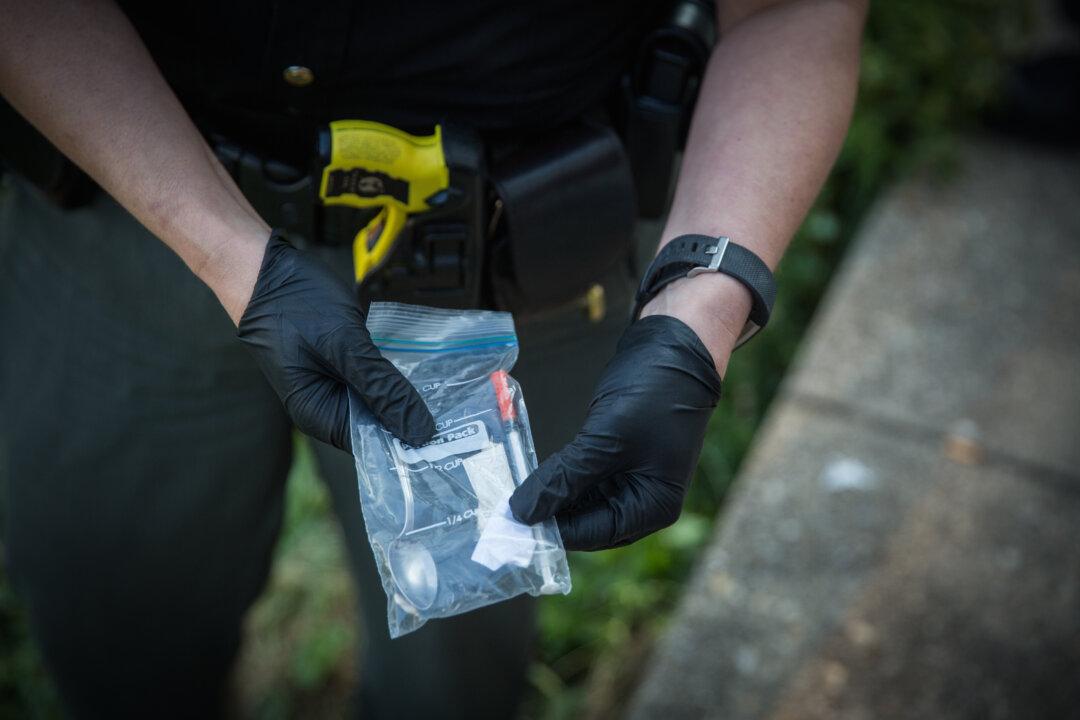WASHINGTON—Illegal shipments of the powerful and addictive opioid fentanyl are pouring into the United States by mail from China, estimated to be worth a street value of about $766 million, according to a congressional report unveiled on Jan. 24.
The report was issued after a year-long probe by the U.S. Senate Homeland Security and Government Affairs investigations subcommittee, which found that buyers could easily access and purchase fentanyl, often in large quantities, through the internet.
The investigation was overseen by Republican Sen. Rob Portman of Ohio, the subcommittee chairman, and Sen. Tom Carper of Delaware, the panel’s senior Democrat.
U.S. fatalities linked to opioids, including fentanyl, have been rising dramatically in recent years. The number reached more than 42,000 in 2016, according to government data.
China is the primary source for fentanyl entering the United States. The Senate subcommittee found that the drugs are frequently mailed by “labs” in China to individuals who consume them or to middlemen who dilute them for resale. Investigators did not divulge the names of the labs.





